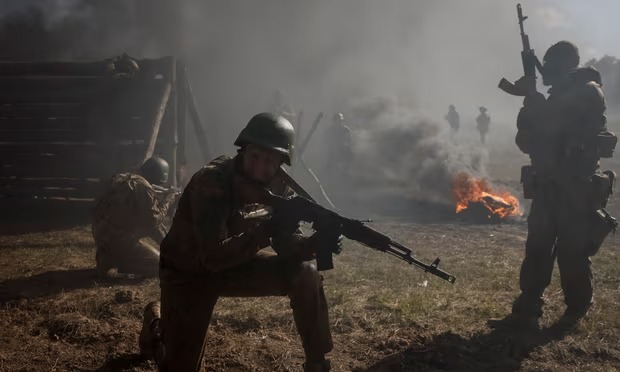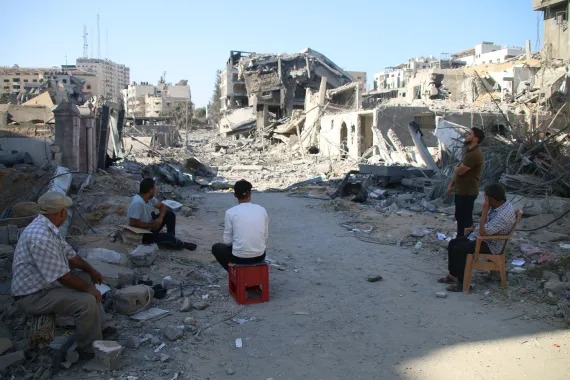On the 598th day of the ongoing Russia-Ukraine war, the global stage witnesses a series of significant events that have brought the conflict into sharper focus. Detentions of opposition figures, allegations of weapon deliveries from North Korea to Russia, and escalating battles on the eastern frontlines have all emerged as crucial developments, keeping the world’s attention firmly on this long-lasting crisis.
Russian Crackdown on Navalny Lawyers
In a move that has raised concerns about the state of civil liberties in Russia, the authorities have detained three lawyers of jailed opposition leader Alexei Navalny. Simultaneously, their homes were raided, according to information from Navalny’s aides. This action is viewed as an attempt to further isolate Navalny and silence his advocates. Ivan Zhdanov, an ally of Navalny, condemned these detentions, emphasizing the growing pressure on Kremlin critics.
US Claims North Korea Delivered Military Equipment to Russia
The United States has made a startling claim, asserting that North Korea delivered over 1,000 containers of military equipment and munitions to Russia for use in the Ukraine conflict. White House national security council spokesperson John Kirby suggested that North Korean leader Kim Jong Un’s motivation might be to obtain advanced Russian weapon technologies in exchange for supplying munitions, potentially boosting North Korea’s nuclear program. This revelation adds another layer of complexity to the ongoing conflict and regional dynamics.
Escalation on Eastern Frontlines
Fighting on the eastern frontlines, particularly in the town of Avdiivka, has entered its fourth consecutive day, marking Russia’s most extensive offensive in months. Ukraine’s top military command reported successfully repelling more than 20 attacks within a single day around Avdiivka. Additionally, there have been claims of Ukrainian reservists being deployed to reinforce defenses after initial Russian advances. These developments underscore the volatile nature of the situation on the ground, as Russia seeks to regain the initiative in this long-standing conflict.
Diplomatic Efforts and International Reactions
Russian President Vladimir Putin dismissed claims that Russia damaged a gas pipeline between Finland and Estonia, suggesting that such allegations are fabricated, with the intention of diverting attention from what he characterizes as a Western attack on Nord Stream. Meanwhile, European Union leaders, scheduled to meet later this month, are poised to demand “decisive progress” in utilizing Russian assets frozen due to sanctions to support Ukraine, as stated in their draft statement.
In a show of solidarity, Ukrainian President Volodymyr Zelenskiy and Dutch Prime Minister Mark Rutte, during a visit to the Black Sea port of Odesa, pledged to enhance Ukraine’s air defenses and increase the security of a “humanitarian corridor” crucial for grain exports.
Moreover, the International Olympic Committee (IOC) addressed the involvement of former Olympic champions Yelena Isinbayeva and Shamil Tarpischev, Russia’s two IOC members, stating that they have no contractual links to the country’s military and have not supported the invasion of Ukraine. This statement from the IOC President, Thomas Bach, aims to clarify the roles of Russian sports figures in the ongoing conflict.
Lastly, a notable disagreement on how to refer to Russia’s war in Ukraine has reportedly prevented the release of a final communique at the end of the International Monetary Fund’s meetings in Marrakech, according to a European official.
















